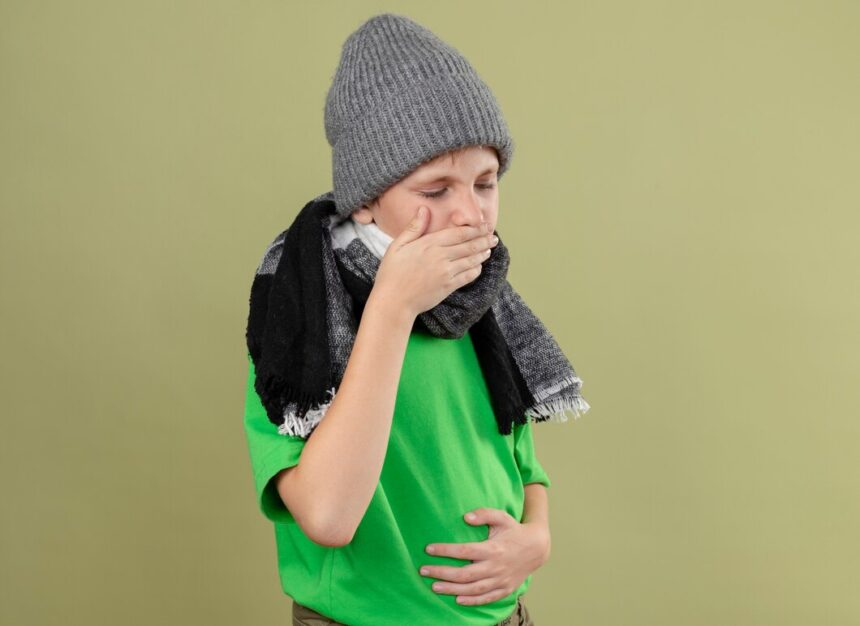Foreign body ingestion is a common concern, particularly among children and individuals with developmental disabilities. Ingesting non-food items can lead to serious complications, including choking, obstruction, and internal injury. Understanding the signs and symptoms of foreign body ingestion is essential for prompt recognition and intervention.
Common Signs of Foreign Body Ingestion
- Choking or Gagging: One of the most immediate signs of foreign body ingestion is the inability to breathe, often accompanied by choking or gagging. The person may clutch their throat, indicating distress.
- Coughing: A persistent cough may occur as the body attempts to expel the foreign object. This can be a forceful cough or a wheezing sound, indicating that the airway may be partially obstructed.
- Difficulty Breathing: If an object obstructs the airway, the individual may experience labored or noisy breathing. This may manifest as wheezing, stridor (a high-pitched sound), or a complete inability to breathe.
- Drooling: Excessive drooling may occur if the foreign body obstructs the throat, making it difficult for the person to swallow saliva.
- Chest or Abdominal Pain: If a foreign body becomes lodged in the esophagus or digestive tract, it may cause pain in the chest or abdomen. This pain can vary in intensity and may be sharp or cramp-like.
- Nausea and Vomiting: Individuals may experience nausea and vomiting if the foreign object irritates the stomach lining or causes a blockage. In some cases, vomit may contain blood, which requires immediate medical attention.
- Changes in Eating or Drinking Habits: If a foreign body is obstructing the esophagus, the individual may refuse to eat or drink due to discomfort or fear of choking.
- Fever: In some cases, the presence of a foreign body can lead to infection, resulting in a fever. This symptom may take time to develop, depending on the nature of the object and the individual’s immune response.
- Signs of Distress or Anxiety: Children and even adults may exhibit signs of distress or anxiety, such as restlessness or crying, especially if they feel uncomfortable or unable to breathe properly.
- Behavioral Changes: In some cases, especially in young children, changes in behavior such as irritability, lethargy, or refusal to engage in normal activities can indicate a problem.
What to Do If You Suspect Foreign Body Ingestion
- Stay Calm: If you suspect someone has ingested a foreign body, remain calm and assess the situation.
- Check for Breathing: If the person is struggling to breathe, appears to be turning blue, or is unconscious, call emergency services immediately.
- Perform First Aid: If the person is choking but still conscious, encourage them to cough. If they cannot cough or breathe, perform the Heimlich maneuver (abdominal thrusts) if you are trained to do so.
- Seek Medical Attention: Regardless of whether the person appears to be stable, it is essential to seek medical evaluation if a foreign body ingestion is suspected, especially if symptoms persist.
- Do Not Induce Vomiting: Unless specifically instructed by a medical professional, do not attempt to induce vomiting, as this can cause further complications.
Recognizing the signs of foreign body ingestion is crucial for timely intervention and treatment. Parents, caregivers, and those who work with vulnerable populations should be educated about these signs to act swiftly in emergencies. With appropriate knowledge and response, the risks associated with foreign body ingestion can be significantly minimized, ensuring safety and well-being.










